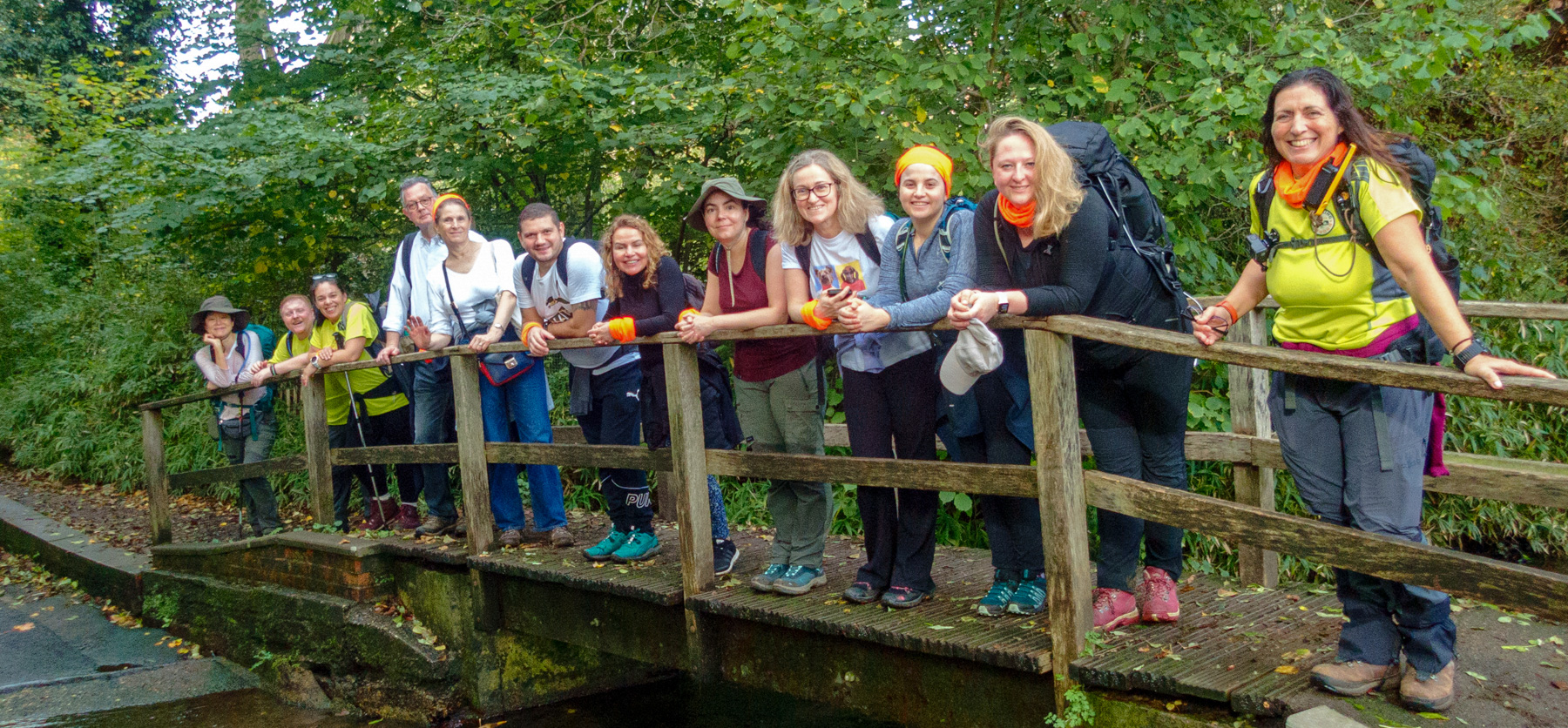Safety

Hiking in the UK is overall far safer than a lot of outdoor activities, but it does still carry some risks that you should be aware of, the main ones of which are below:
SAFETY FROM OTHERS, I.E. GETTING MUGGED OR ATTACKED
Whist this is always a risk no matter what your age, gender or size, there is generally a far lower risk of getting mugged or attacked in the countryside than there is in large towns and cities like London. It still advisable to go walking with someone else however if you feel uncomfortable and there is obviously a greater risk for females
SAFETY FROM THE WEATHER
The British weather can change very rapidly. In the summer this might mean getting drenched in Kent when you're in your T shirt and shorts, but come winter there's a more serious risk of suffering from the elements, in particular hypothermia from the cold especially if you get wet. Once you start venturing into the mountainous areas of England such as the Lake District mountains, Snowdonia and the Brecon Beacons the risks from the weather rise exponentially. In part this is because of the greater extremes of weather that mountainous areas suffer and the rapid pace at which the weather can change, but also due to the remoteness of most of these areas and their inaccessibility if help is required. Unless you are pretty experienced in hiking or going with someone who is please do exercise great care when visiting such areas.
SAFETY FROM THE RISK OF INJURY
There are a range of risks from slipping and falling over, to twisting or damaging your ankle to various muscle, ligament and joint injuries which can result from accidents or over exerting yourself. This is too great an area to cover fully, but it's worth being aware of these and also if possible of walking with someone else. The risk of injuries is obviously far greater in remote and mountainous areas where the terrain can be rougher, steeper and more hostile. Sadly the consequences of injury in such areas are greater too than say hiking the back roads of Surrey where you're often within easy reach of a road and thanks to mobile phones a taxi.
SAFETY FROM THE RISK OF GETTING LOST
Most people have a fairly good idea of their navigation skills and sense of direction and practise and suitable training really do help improve your skills in this area. Again, the risks around the South East where you're often close to a road and likely to hit one before long if you keep walking are far less than in remote mountainous areas. GPS devices can be a useful backup, but like any battery powered electronic device should not be relied upon and take a certain amount of learning and practise to get the hang of - they're far less user friendly and intuitive than the modern equivalents we have in cars.
